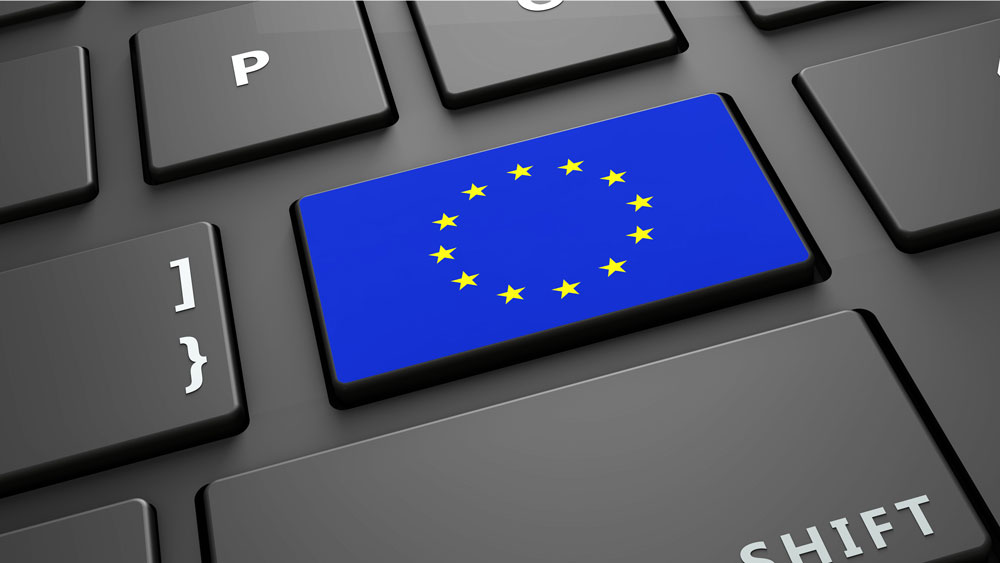National implementation of EU Artificial Intelligence Regulation

The EU Artificial Intelligence Regulation aims to ensure that artificial intelligence (AI) systems introduced on the EU market do not endanger human health, safety or fundamental rights. The regulation lays down rules on AI systems based on the risks they pose. AI systems posing an unacceptable risk will be banned and certain systems classified as high-risk will be subject to stricter requirements.
The working group preparing the national implementation of the EU Artificial Intelligence Regulation began its work on 29 April 2024. The working group will evaluate what national legislation is required by the Regulation and prepare a legislative proposal on its national implementation. The term of the working group is 29 April 2024–30 June 2026.
The EU AI Regulation entered into force on 1 August 2024. It will be implemented in stages according to different transitional periods and include different deadlines for Member States. Unless otherwise provided, the Regulation will apply 24 months after its entry into force.
The EU AI Regulation also created the European Artificial Intelligence Board, which advises and assists the Commission and the Member States in promoting the consistent and effective application of the Regulation. Maria Rautavirta, Senior Ministerial Adviser and Director of Unit at the Ministry of Transport and Communications, was appointed Finland’s representative to the Board, while Antti Helin, Ministerial Adviser at the Ministry of Finance, was appointed deputy member in June 2024. The AI Board has established sub-groups, to which EU Member States have nominated their representatives. Finland’s representatives can be found here.
Authorities protecting fundamental rights under EU Artificial Intelligence Act
Article 77 of the AI Act lays down provisions on the authorities protecting fundamental rights when high-risk AI systems are used.
If the authorities need to determine whether a breach of the obligations under Union law protecting fundamental rights has taken place, they may, within the limits of their jurisdiction, ask the market surveillance authority to organise testing of the high-risk AI system through technical means.
Under the AI Act, the Member States must publish a list of the authorities protecting fundamental rights. They must also notify the list to the Commission and to the other Member States, and keep the list up to date.
The Finnish authorities protecting fundamental rights under the AI Act:
- Data Protection Ombudsman
- Non-Discrimination Ombudsman
- Ombudsman for Equality
- National Discrimination and Equality Tribunal of Finland
- Chancellor of Justice
- Parliamentary Ombudsman
- Occupational safety and health authorities (Finnish Supervisory Agency)
- Consumer Ombudsman
Inquiries:
Lasse Laitinen, Senior Specialist, tel. + 358 295 047 162, [email protected]
Maria Hauptmann, Chief Specialist, tel. +358 295 047 019, [email protected]
Read more
- Project: Working group for the national implementation of the EU Artificial Intelligence Regulation
- Project: Government proposal for an act on the supervision of certain artificial intelligence systems and on amending related acts
- Government proposal to amend the Act on the Supervision of Certain AI Systems and other Acts (implementation of stage II of the AI Regulation)
- Report on the Impacts of the Proposed EU Artificial Intelligence Regulation on the Business Environment of Finnish Companies (Ministry of Economic Affairs and Employment and Demos 7 December 2023)
- Presentation material from the stakeholder event on 11 September 2024 (in Finnish)
- Q&A from the stakeholder event on 11 September 2024 (in Finnish)
- Presentation material from the stakeholder event o 6 November 2024 (in Finnish)
- 19.5.2025 pidetyn sidosryhmätilaisuuden esitysmateriaali
